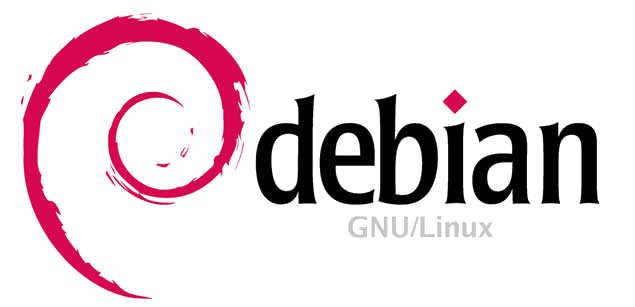3.2. Debian installation¶

Topics
3.2.1. Dedicated MySecureShell repository¶
If you want to use the latest version of MySecureShell, the simplest way is to use the official dedicated repository.
3.2.1.1. Debian 8 (Jessie)¶
MySecureShell is available by default in Debian Jessie. To install it:
> apt-get update
> apt-get install mysecureshell
To enable all features, you’ll have to set a setuid on the mysecureshell binary:
> chmod 4755 /usr/bin/mysecureshell
3.2.1.2. Debian 7 (Wheezy)¶
First, add the repository lines in /etc/apt/sources.list.d/mysecureshell.list:
> echo "deb http://mysecureshell.free.fr/repository/index.php/debian/7.1 testing main
deb-src http://mysecureshell.free.fr/repository/index.php/debian/7.1 testing main" > /etc/apt/sources.list.d/mysecureshell.list
Then import the GPG repository key:
> gpg --keyserver hkp://pool.sks-keyservers.net --recv-keys E328F22B
> gpg --export E328F22B | apt-key add -
You’re now ready to install MySecureShell:
> apt-get update
> apt-get install mysecureshell
3.2.1.3. Debian 6 (Squeeze)¶
First, add the repository lines in /etc/apt/sources.list.d/mysecureshell.list:
> echo "deb http://mysecureshell.free.fr/repository/index.php/debian/6.0 testing main
deb-src http://mysecureshell.free.fr/repository/index.php/debian/6.0 testing main" > /etc/apt/sources.list.d/mysecureshell.list
Then import the GPG repository key:
> gpg --keyserver hkp://pool.sks-keyservers.net --recv-keys E328F22B
> gpg --export E328F22B | apt-key add -
You’re now ready to install MySecureShell:
> apt-get update
> apt-get install mysecureshell